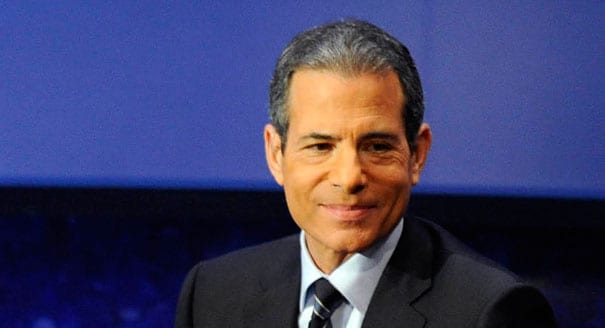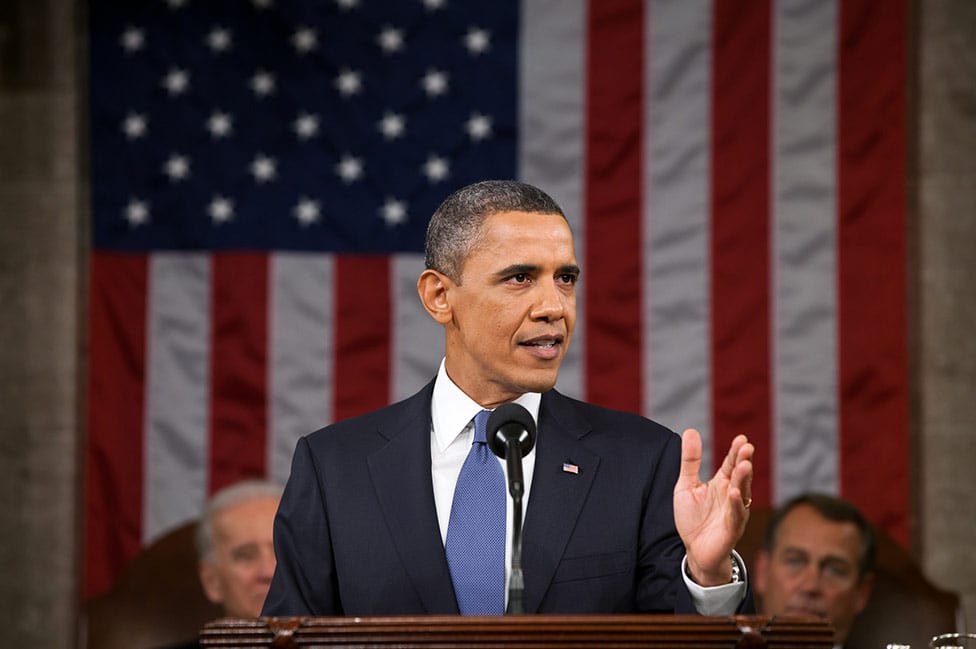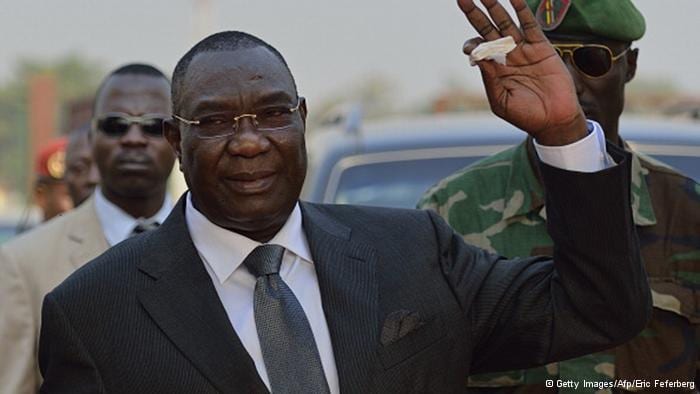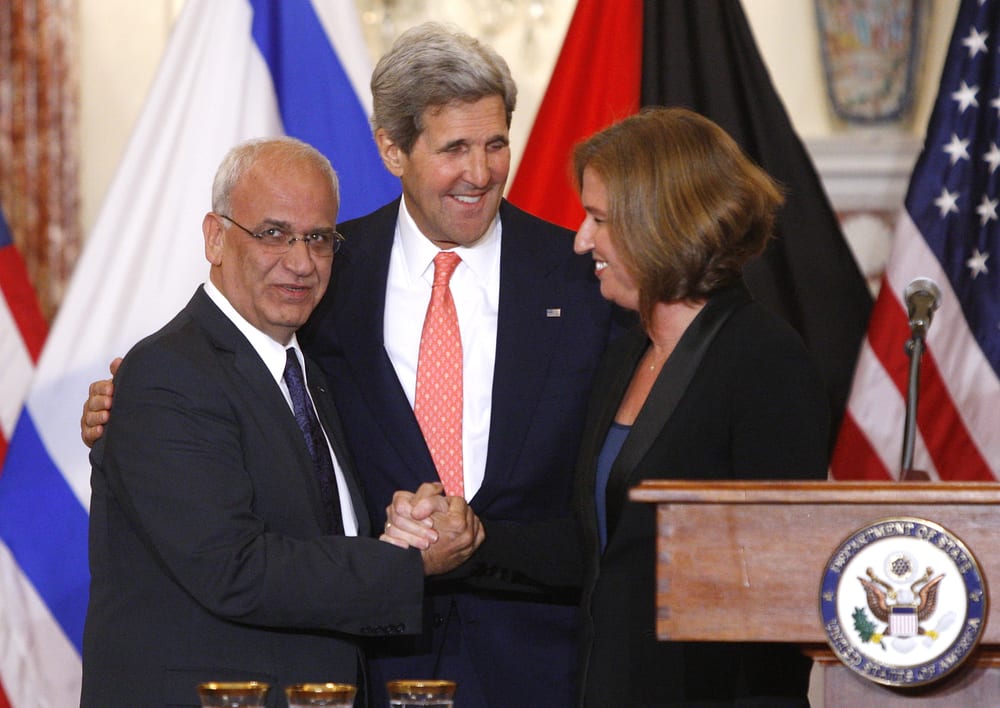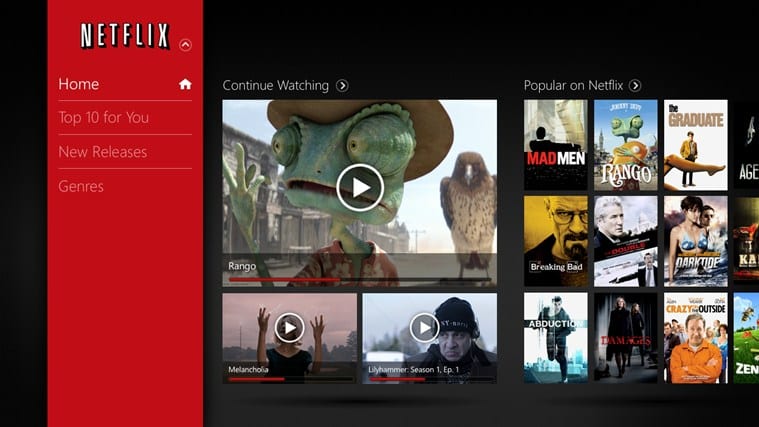
Among the sports of the Winter Olympics, figure skating is unquestionably one of the most watched. Perhaps it’s the unique elegance of the program and skaters that sets it apart from other winter sports, which are often focused on speed and action, not artistry or beauty.
But similar to popular Olympic sports, gold medalists in figure skating are elevated to an unprecedented level in their home country, and no where is this more true than in South Korea. Before Yuna Kim entered the global stage with her gold medal at the 2010 games in Vancouver, figure skating was underrepresented in South Korea and overshadowed by the greater success it has had with speed skating and the short track. Even though Kim did not win gold in Thursday’s free skate program, figure skating will continue rising in popularity as Kim and other figure skaters rake in lucrative endorsements from the likes of Hyundai, Samsung, and Nike.
Kim also brings an overall recognition to her country through active participation in international organizations, such as UNICEF (of which she is a Goodwill Ambassador) and the International Olympic Committee (which she has expressed joining full-time upon retirement). In many ways, she is a walking and talking (and gliding?) public diplomacy campaign for South Korea.
It’s a story Americans can resonate with: Michelle Kwan, the highly decorated American figure skater who elevated the sport in a similar manner to Kim in the late ’90s, is now a senior advisor for public diplomacy and public affairs for the State Department. According to her, traveling all over the world representing the U.S. has put her in the unique – and not entirely unlikely – position of doing the same through government. (It also doesn’t hurt that she received a master’s degree from the Fletcher School of Law and Diplomacy at Tufts University in 2011.)
“I work at the Educational and Cultural Affairs Bureau, where we focus on a lot of exchanges, building mutual understanding,” she says in this Feb. 7 interview with WAMU 88.5. “We bring businesses, we bring athletes, we bring music. There’s a great exchange between countries, and it’s a great way to connect.”
Can figure skating contribute to a nation’s public diplomacy goals? If it requires worldwide celebrity status, consistent contact with foreigners, and partaking in globally-organized events, then it must. It is why events like the Olympics have been successful for so long – a country’s image can be made or broken through how its athletes compete. In South Korea’s case, Yuna Kim’s ubiquity in everyday life through her vast commercial and global presence serves as a singular force in their global image campaign, despite the controversy surrounding her final Olympics competition. No doubt it was a significant part of the IOC’s decision to give South Korea the role of hosting in 2018. How it plans to channel public diplomacy from now until then will be fascinating to watch.

